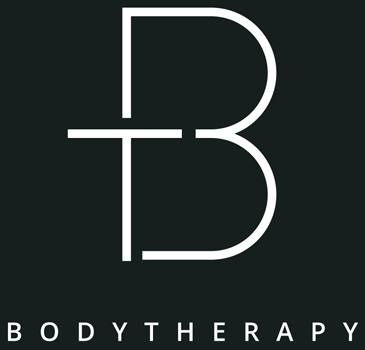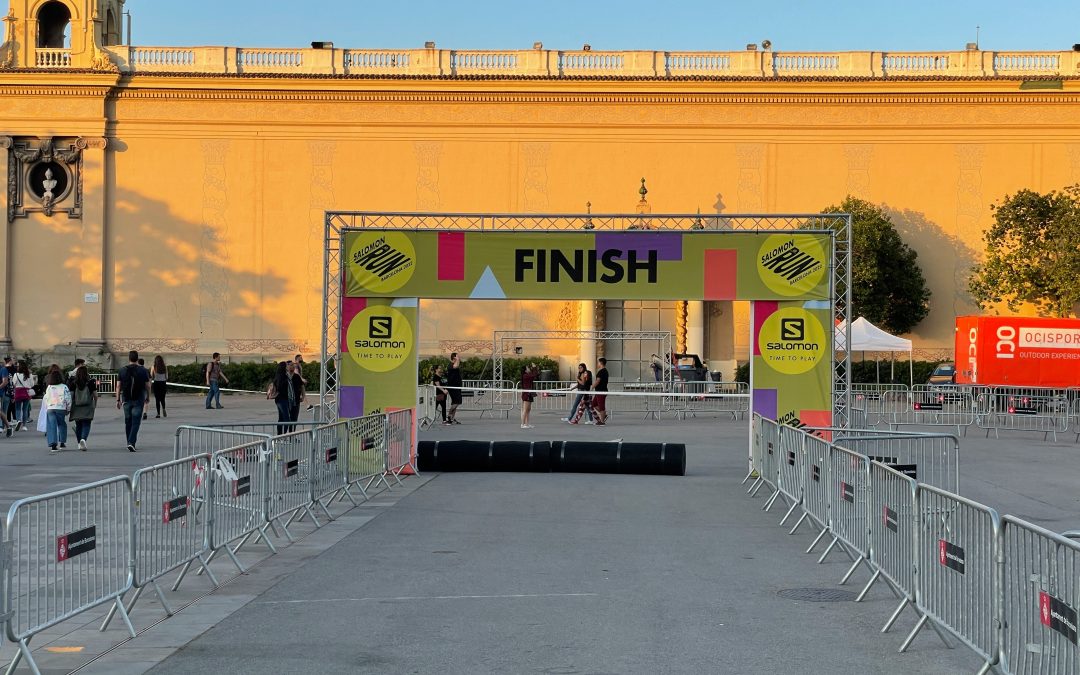You did it. You ran a Marathon.
Whether it was your first time, your fifteenth, or your fastest, crossing that finish line at the Manchester or London Marathon, yesterday, is no small feat. It’s the culmination of months of training, discipline, early mornings, and the occasional crisis of confidence. Today your body is reminding you just how far 26.2 miles really is – and recovery has officially begun. What you do in the next few days is just as important as your training. So, let’s talk science-backed recovery, injury prevention, and how to ease back into running – without letting your quads file a formal complaint.
-
Delayed Onset Muscle Soreness (DOMS): Why Your Legs Feel Like They’re Made of Wood
If your quads are protesting every time you try to sit down, you could be experiencing DOMS – Delayed Onset Muscle Soreness. It’s completely normal after the demands of a marathon and typically peaks 24-72 hours post-race.
DOMS occurs due to microscopic damage to your muscles, especially after eccentric movements (like controlling your stride or running downhill). It’s part of the natural healing process, but yes, it can make stairs feel like a cruel joke.
What Helps:
- Gentle Activity: Light walking or gentle cycling helps keep blood flowing, which supports muscle repair
- Compression and Warmth: Wearing compression leggings and taking warm baths can ease soreness
- Soft Tissue Work: Massage and light foam rolling may reduce discomfort, but keep the pressure moderate
- Stretching: Dynamic stretching is more useful than static, especially if sone gently and in small doses
What to Avoid:
- Don’t rush bac into running or high-impact activity while your muscles are still stiff and sore. Pain is your body’s signal to slow down – not something to “run through”.
-
When Should You Start Running Again?
This is one of the most common questions we get in clinic… “when can I run again?”
The short answer? Not yet. Most runners should take at least 5-7 days off structured running post-marathon. If you’re still sore or tired, wait longer. There’s no benefit to jumping back in too early – and the risk of injury increases significantly when you do.
Muscle strength and neuromuscular coordination take time to fully recover. Even if you “feel fine” on day three, your tissues may still be inflamed or weakened.
Instead, focus on active recovery:
- Walking
- Swimming
- Low resistance cycling
- Gentle mobility or yoga
Once you feel good moving again and muscle soreness has resolved, you can trial a short job (20-30 minutes at a conversational pace). If anything feels “off”, tight, painful or just not quite right – it’s not time yet.
-
Refuelling and Rehydrating: The Unsung Heroes of Recovery
After 26.2 miles, your body needs more than just rest – it needs rebuilding. Your glycogen stores are depleted, muscles have microtrauma, and your immune system is temporarily suppressed. Proper nutrition and hydration play a huge role in bouncing back.
What to focus on:
- Carbohydrates to replenish energy stores
- Protein (20-30g per meal) to support muscle repair
- Fats to support hormone balance and recovery
- Hydration, including electrolytes if you sweated heavily or cramped
Even chocolate milk has been shown to be an effective recovery drink. So yes, you can enjoy a recovery snack without guilt – it’s part of the process.
-
Niggle or Injury? Know When to Get Checked
Soreness is expected after a marathon. Pain that’s sharp, one-sided, or affecting your gait? That’s different.
Common post-marathon injuries:
- Runner’s knee (patellofemoral pain)
- ITB syndrome
- Achilles tendinopathy
- Plantar fasciitis
- Bone stress reactions (in more severe cases)
If you’re still limping around after 5-7 days, or if something’s worsening rather than improving, book in for an assessment. Early diagnosis and appropriate rehab can make the difference between a short setback and a long-term issue.
-
The Post-Race Low: Yes, It’s a Thing
It’s not just your legs that need recovery – your brain does too. Many runners experience a bit of an emotional dip in the days after a big race. This can stem from physical fatigue, hormonal fluctuations (elevated cortisol), and the sudden lack of routine or goal.
How to manage it:
- Relfect on your achievement (you really did something big!)
- Set a new, small goal – non-running related, even
- Stay connected with your running community
- Rest without guilt. Doing less right now is exactly what your body needs
These feelings usually pass within a week or two. If they don’t, or if you’re feeling persistently low, speak to someone. Mental health matters just as much as physical recovery.
Final Thoughts from Bodytherapy
Recovery isn’t passive – it’s an active process that helps your body absorb the benefits of all the hard work you put in. Treat your post-race phase with as much care as you gave your training plan.
If you’re unsure whether what you’re feeling is “normal” or if something’s not settling as expected, get in touch. A post-marathon check-up with one of our physiotherapists can help spot the early signs of injury, address any biomechanical issues, and plan your return to running with confidence.
You’ve done the hard part. Now let’s recover smart, stay injury-free, and keep you running strong for the next finish line – if you’ve not been put off!
Photo by Chris Porter on Unsplash

